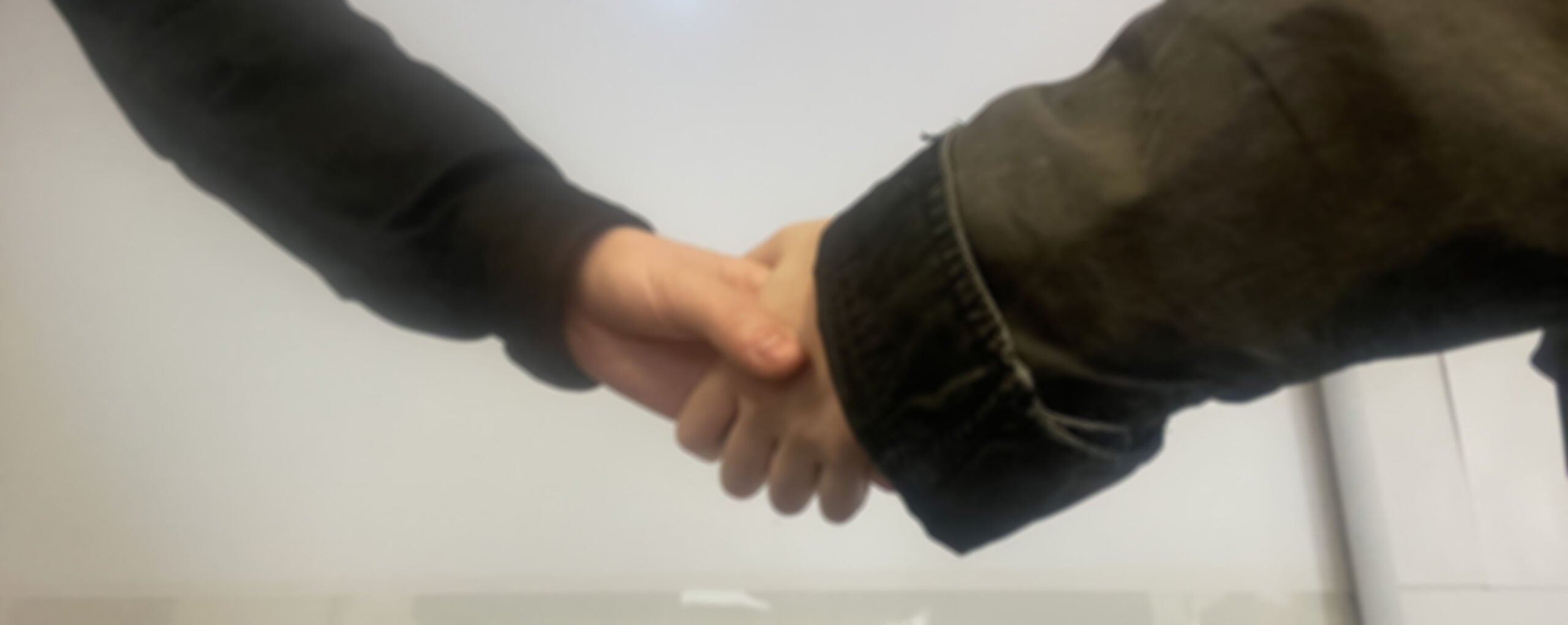Women In Media

Stereotyping & Objectification
In a world where the only constant is change, our array of services is designed to navigate the ever-evolving landscape of creativity and digital innovation.
The Perpetual Cycle: Stereotyping and Objectification of Women in Media
In the vast landscape of media, women often find themselves confined within the narrow confines of stereotypes and objectification, perpetuating a cycle that undermines their true worth and perpetuates harmful societal norms. This essay delves into the pervasive nature of these phenomena, exploring their roots, manifestations, and the imperative for change.
Stereotyping women in media is akin to reducing their multifaceted identities to simplistic archetypes. From the submissive housewife to the seductive femme fatale, media representations frequently rely on tropes that fail to capture the complexities of real women. Such stereotypes not only limit the portrayal of women in diverse roles but also reinforce damaging societal expectations, constraining women’s aspirations and potential. For instance, the portrayal of women as nurturing caregivers perpetuates the notion that their primary value lies in domestic roles, marginalizing their contributions in professional spheres.
Parallel to stereotyping is the objectification of women, a phenomenon deeply ingrained in media culture. Objectification reduces women to mere objects of male desire, stripping them of agency and autonomy. In advertising, for instance, women’s bodies are often used as tools to sell products, with little regard for their intellect or abilities. This relentless objectification not only dehumanizes women but also normalizes the idea of women as commodities to be consumed, fostering a culture of entitlement and exploitation.
Moreover, the intersectionality of race, class, and other identities exacerbates the marginalization of women in media. Women of color, for instance, often face compounded stereotypes and hypersexualization, further entrenching inequalities within media representations. Similarly, women from marginalized socio-economic backgrounds are frequently relegated to one-dimensional portrayals that reinforce harmful stereotypes.
The ramifications of these pervasive stereotypes and objectifications are profound and far-reaching. They not only shape perceptions of women in society but also contribute to systemic gender inequalities. From wage disparities to underrepresentation in leadership positions, the repercussions of media-induced stereotypes are evident across various domains.
However, amidst these challenges lies the potential for change. Media creators, consumers, and policymakers all play pivotal roles in dismantling harmful stereotypes and objectifications. By promoting diverse representations of women and challenging traditional gender norms, media can become a powerful tool for social progress rather than perpetuating the status quo. Furthermore, initiatives aimed at media literacy and regulation can empower individuals to critically engage with media content and demand more inclusive representations.
In conclusion, the stereotyping and objectification of women in media constitute a pervasive and insidious phenomenon with profound societal implications. By recognizing the detrimental effects of these practices and actively working towards more equitable and diverse representations, we can foster a media landscape that celebrates the richness and complexity of women’s experiences. Only through collective action can we break free from the shackles of stereotypes and pave the way towards a more inclusive and equitable future.

Start Your Journey
We’re here to listen, collaborate, and drive your vision forward. Whether it’s through an email, initiating a conversation is the first step towards unparalleled creative success. If you are ever interested into getting started in this cause to speak up about underappreciated women, don’t be scared to email and get started immediately.